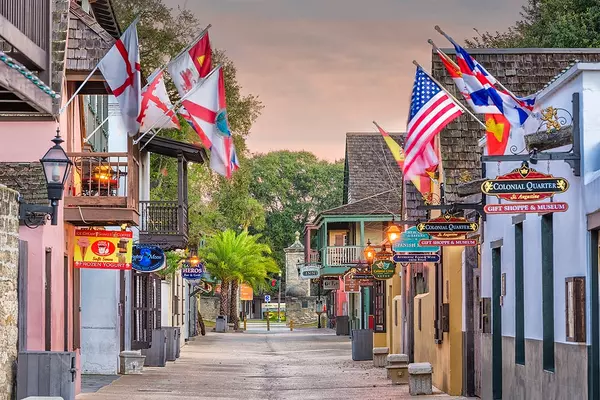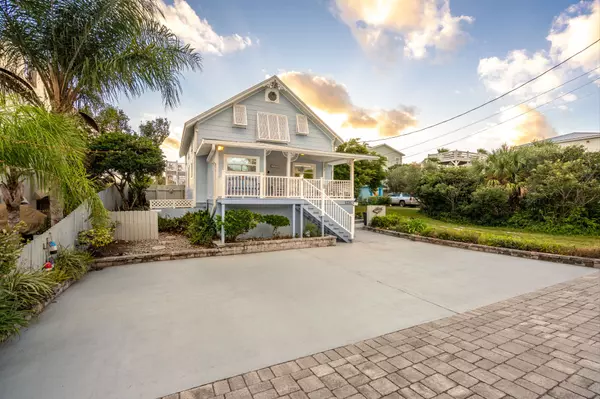5 Things to Know Before Relocating to St. Augustine
Moving to a new city is exciting, but preparation makes all the difference. If you plan to relocate to St. Augustine, here are five essential things to remember to ensure a smooth transition.
1. A Rich Historical Heritage
St. Augustine was founded in 1565 by Spanish explorers, making it the oldest continuously inhabited European-established settlement in the United States. Its history is evident in its well-preserved architecture, cobblestone streets, and numerous historical landmarks like the Castillo de San Marcos and the Fountain of Youth Archaeological Park.
What This Means for You:
- Cultural Immersion: Living here means daily exposure to a unique blend of Spanish, British, and American history.
- Tourist Attractions: While this enriches the local culture, it also means that tourist activity is high year-round, especially in the historic downtown area.
2. The Impact of Tourism
Tourism is a significant part of St. Augustine's economy. The city's historical sites, beautiful beaches, and annual festivals attract visitors worldwide.
Considerations:
- Seasonal Crowds: Expect increased traffic and crowded public spaces during peak tourist seasons and holidays.
- Economic Opportunities: The tourism industry provides ample hospitality, retail, and service job opportunities.
- Community Events: Numerous festivals and events offer entertainment options, but may lead to road closures and increased noise levels.
3. Subtropical Climate & Weather
St. Augustine enjoys a subtropical climate characterized by hot, humid summers and mild winters. The city experiences abundant sunshine, making it ideal for outdoor enthusiasts.
Weather Highlights:
- Summer Heat: Temperatures often soar into the 90s°F (30s°C) with high humidity.
- Hurricane Season: Running from June to November, preparing for potential tropical storms and hurricanes is essential.
- Mild Winters: Winters are pleasant, with temperatures averaging in the 60s°F (15-20°C), allowing for year-round outdoor activities.
4. Cost of Living & Housing Market
While St. Augustine offers many amenities, it's important to understand the cost implications of living in this historic city.
Financial Insights:
- Housing Costs: The median home price is slightly above the national average, influenced by the city's desirable location and historical significance.
- Property Taxes and Insurance: Living in a coastal area may mean higher property insurance rates due to flood and hurricane risks.
- Cost of Living: Other living expenses like groceries, healthcare, and utilities are around the national average.
5. Lifestyle & Community
St. Augustine offers a laid-back lifestyle with a strong sense of community. The city's residents are known for their southern hospitality and active community involvement.
Lifestyle Features:
- Outdoor Activities: From surfing at St. Augustine Beach to hiking in Anastasia State Park, there's no shortage of outdoor recreation.
- Arts and Culture: The city boasts a bustling arts scene with galleries, theaters, and live music venues like the St. Augustine Amphitheater.
- Education: St. Johns County School District is the number 1 school district in the State of Florida, and the city is home to Flagler College, adding to the educational opportunities.
- Community Engagement: Local farmers' markets, art walks, and community events foster a close-knit community feel.
Conclusion
Relocating to St. Augustine offers a chance to experience a city rich in history and modern amenities. Understanding the area's key features, from its active tourism scene to its subtropical climate, can help you make a confident decision and ensure a smooth transition. Check out our relocation guide here for more details, and feel free to contact me with any specific questions about relocating to St. Augustine!
Categories
Recent Posts











